AI Capitalism

Despite the global Uber-hype about artificial intelligence (AI), there still is what only “we” have: natural intelligence (NI). NI allows us to deal with reality in terms of abstractions, predictions, data, information, and knowledge.

Despite the global Uber-hype about artificial intelligence (AI), there still is what only “we” have: natural intelligence (NI). NI allows us to deal with reality in terms of abstractions, predictions, data, information, and knowledge.
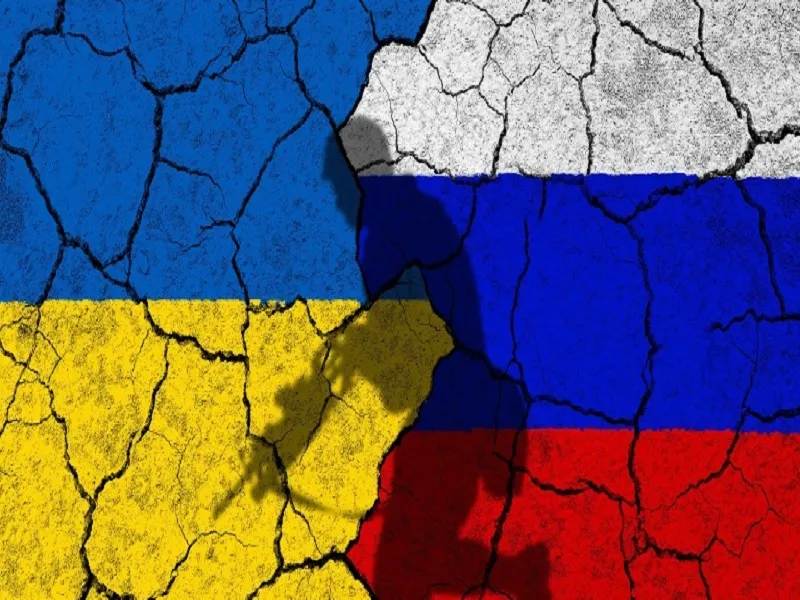
People should be mature enough to accept that no country is perfect, not even their favorite one like Russia, and that setbacks are an unavoidable part of every military conflict.
Nobody foresaw in February 2022 that Russia’s special operation would descend into a protracted “war of attrition” that just passed two and a half years last month. This occurred because all sides underestimated each other and there were some shortcomings in hindsight with the campaign’s initial stages, which readers can correspondingly learn more about here and here. Nevertheless, many members of the Alt-Media Community (AMC) remain convinced that this was actually the plan all along.
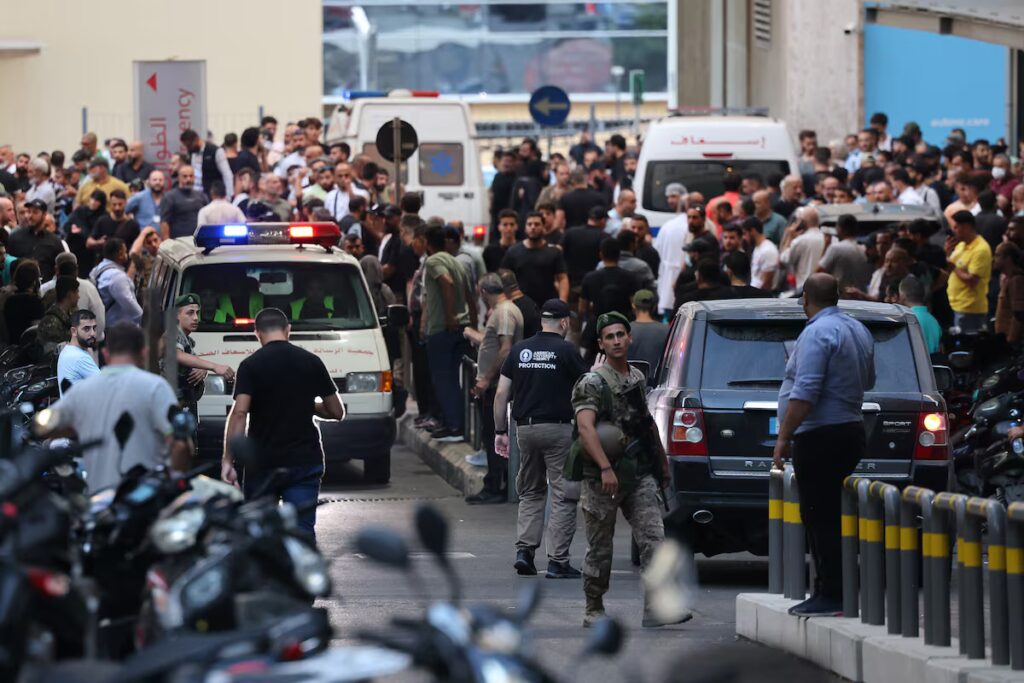
The source of Wednesday’s explosions was not immediately clear, but the blasts came a day after thousands of pagers used by Hezbollah blew up across Lebanon.
New explosions linked to electronic devices killed at least 20 people and injured more than 450 across Lebanon on Wednesday, a day after 12 people were killed and thousands wounded by exploding pagers used by members of the militant group Hezbollah in a suspected Israeli attack.
Israel is refocusing its operations in the Gaza Strip to prioritize “destroying the pillars of Hamas’ civil rule. . . especially the distribution of humanitarian aid,” according to an anonymous Israeli official.[1] The official told Israeli media that controlling aid distribution enables Hamas to project the image that it still controls the Gazan population.[2] Hamas inserts itself into the aid distribution process by forcing humanitarian organizations to coordinate with Hamas affiliates and seizing aid shipments as they enter the strip.[3] Hamas has also aggressively opposed other Gazan factions from adopting a role in aid distribution given that it would jeopardize Hamas’ near monopoly of aid.[4]
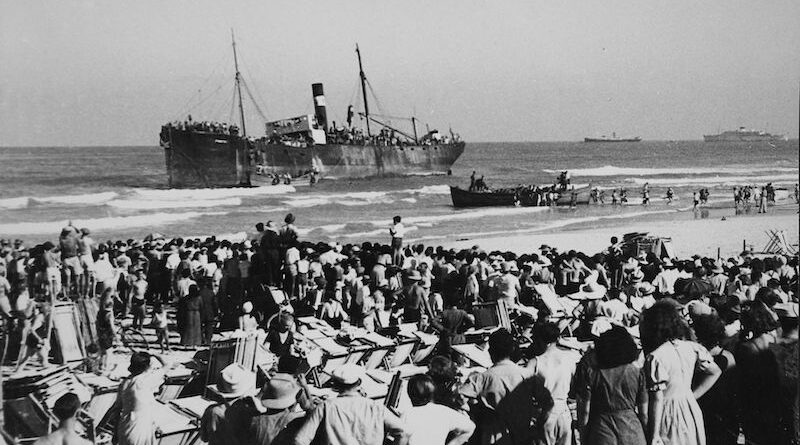
Famously, Jewish immigration to the Land of Israel, called aliyah, is centuries old and took on an organized form in 1882. Described as “the central goal of the State of Israel” (in the words of Prime Minister Ariel Sharon), it provides the demographic basis on which the entire Zionist enterprise rests. Both very public and highly controversial, it has inspired millions of Jews to move to territories now under Israeli control.
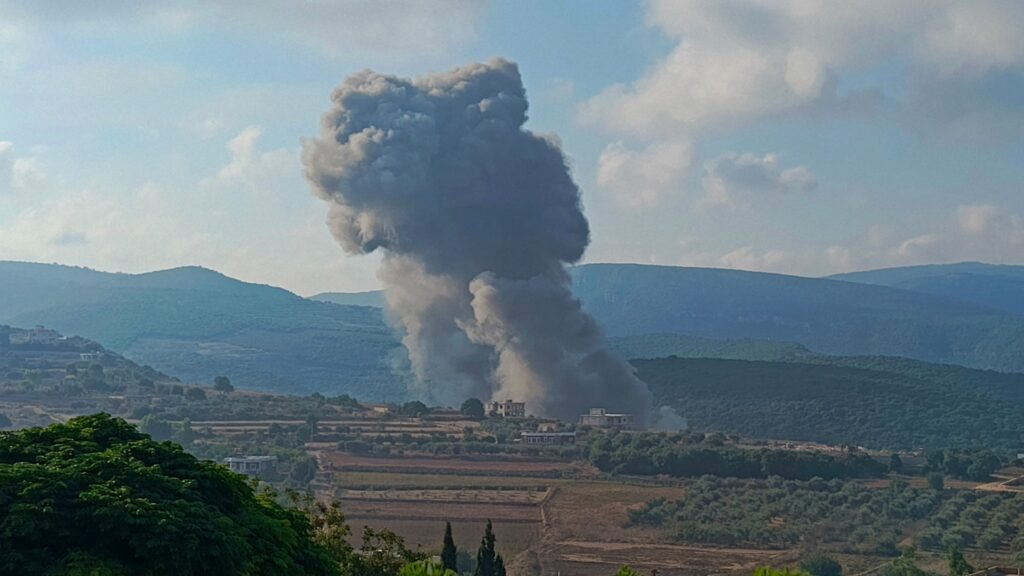
In-depth: Syrian refugees in south Lebanon are caught in the crossfire of Hezbollah and Israel’s war, with many unable to access healthcare or relocate.
Residing in south Lebanon’s Bint Jbeil, Syrian labourer Issam and his wife and three daughters have found themselves caught in the middle of cross-border fire between Israel and Hezbollah.

At the turn of the last century Palestine was part of the Turkish Ottoman Empire. About 95 percent of the population in 1896 were Arabs who owned ninety percent of the land. Palestine was brought under British power after World War 11. Both British mandatory power and Zionist Jews decided to kill and kick out Palestinians and establish in Palestinian lands a state for Jews brought from outside.
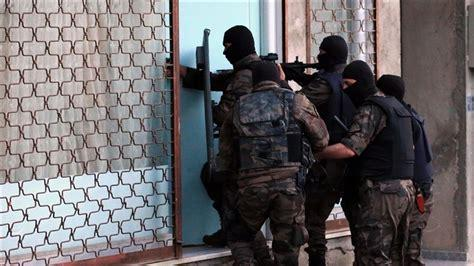
A joint operation by the National Intelligence Organization (MIT) and police netted a suspect involved in planning an attack on the Santa Maria Italian Church in Istanbul, sources said on Saturday. The suspect, identified as Viskhan Soltamatov, was a key figure in the attack that killed a Turkish national on January 28, 2024. He is also accused of supplying the weapon used in the attack carried out by two Daesh gunmen.
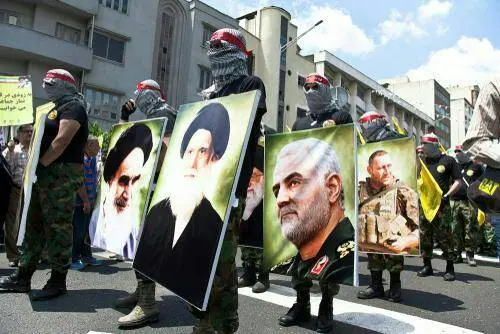
Abstract: The spectre of a U.S.-Iran war is haunting the world. However, it is still less likely than many think. For its part, Tehran is aware that it lacks the military capabilities and financial resources to endure a direct military confrontation with the United States. Engaging in a full-scale war with Iran would also be catastrophic for the U.S. At a time when there is a need to focus on the competition with Russia and the People’s Republic of China (PRC), a direct war with Iran would reduce Washington’s capacity to counter revisionist states’ subversive activities. As such, ‘hybrid warfare’ still fits better into both sides’ cost-benefit calculus.
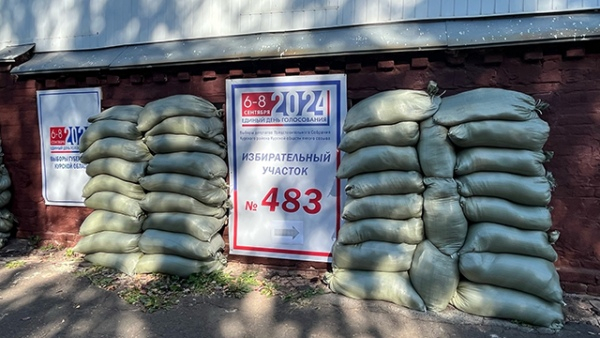
The loss of control over the border part of Kursk Oblast did not prevent Russian authorities from holding “elections” for governor and heads of settlements in the region. The current acting governor, Alexei Smirnov, won the vote, which lasted 12 days instead of three, with 65.28% of the votes. The authorities announced a record turnout in the elections – more than 61% of residents, taking into account early voting. As The Insider correspondent found out, who visited Kursk Oblast, local residents did not receive the elections with much excitement: they equally do not trust the current authorities, nor the possibility of replacing them in the elections. And it is not surprising, because before this, the state was unable to provide either defense, evacuation, or even a missile warning system.